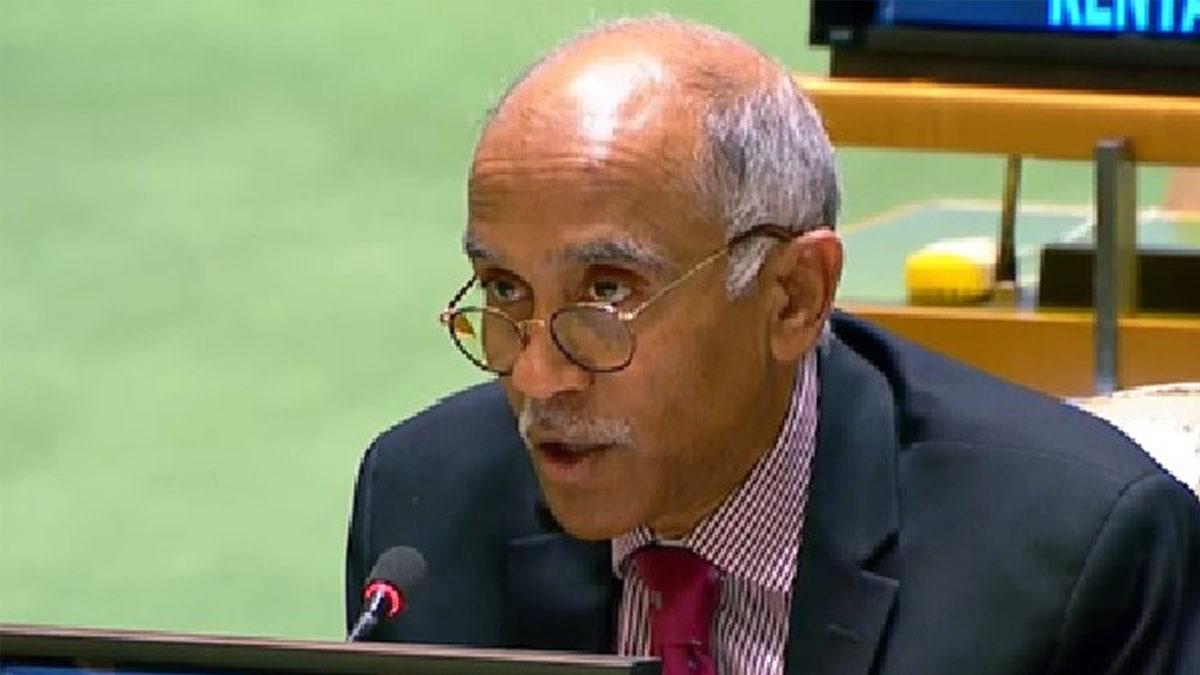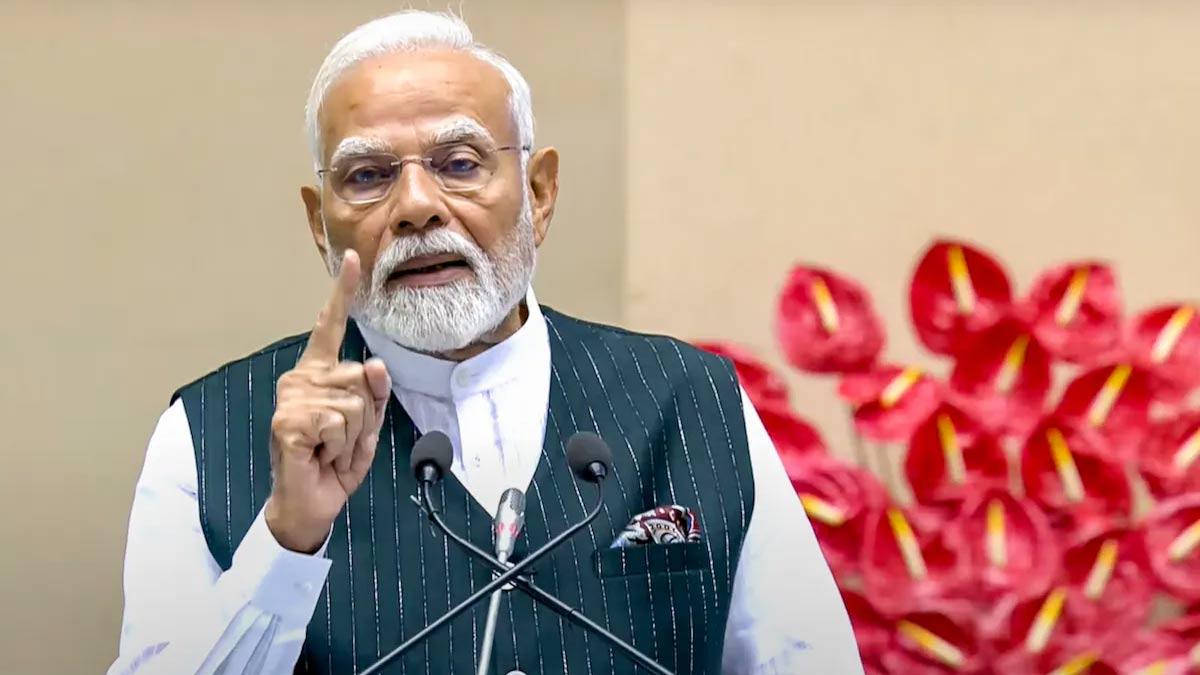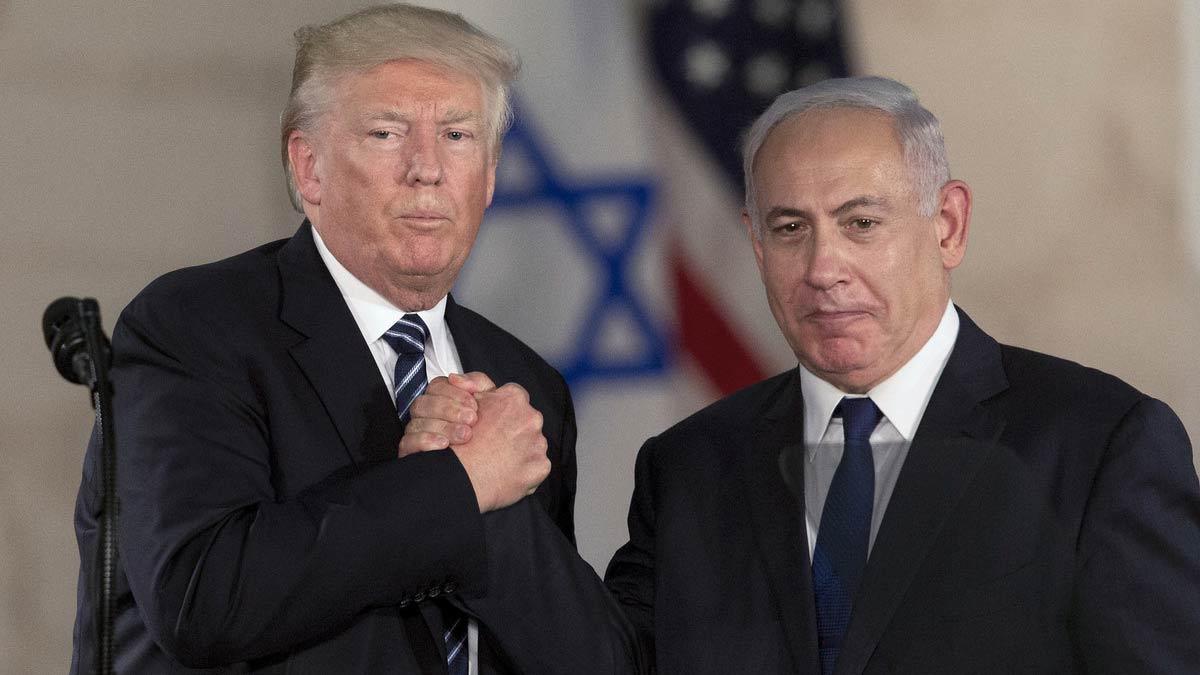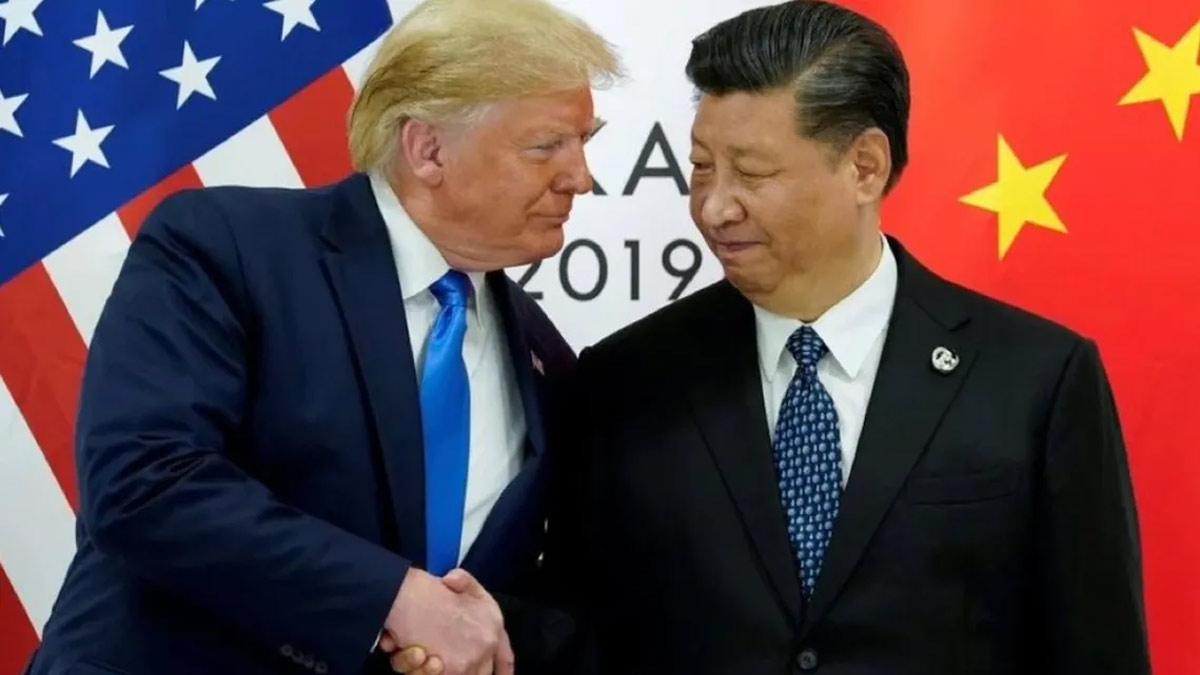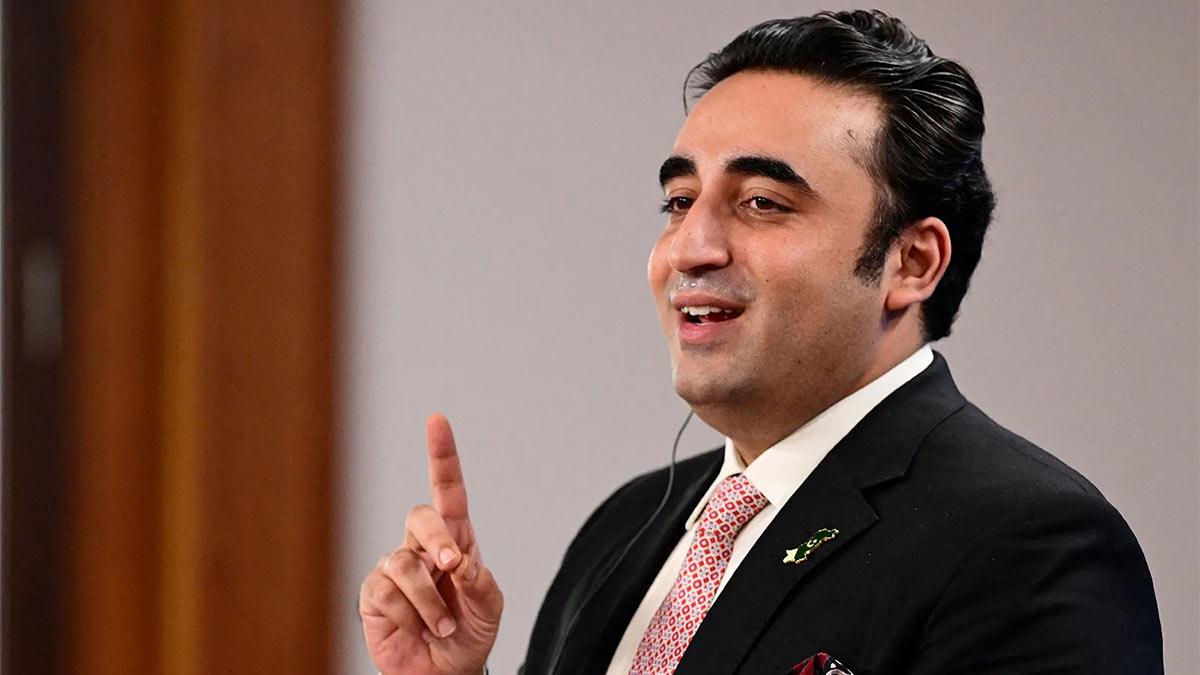India abstained from a United Nations General Assembly vote on a resolution about the situation in Afghanistan, saying that without new, targeted interventions, a "business as usual" policy would be insufficient to bring meaningful change to the Afghan people.
The "The situation in Afghanistan" resolution was adopted on Monday with 116 voting for it, 2 against (Israel and the United States), and 12 abstaining, one of them being India.
Explaining India’s decision to abstain, Permanent Representative to the UN, Ambassador Parvathaneni Harish, emphasized New Delhi’s concern over the persistent security threats emanating from Afghanistan and called for the global community to focus its efforts on preventing terrorist groups from using Afghan territory as a safe haven.
"India is taking a close look at the security situation in Afghanistan. The international community needs to have its concerted efforts focused on ensuring that those and those persons as designated by the UN Security Council – the Al Qaeda and its affiliates, ISIL and its affiliates, including Lashkar-e-Tayyiba and Jaish-e-Mohammed, and their regional sponsors who provide them space to operate – no longer utilize the Afghan space for terrorist operations," Harish said.
The UNGA resolution urges Afghanistan to safeguard human rights, respect international standards, and take concrete actions against terrorism since the country is still suffering from an escalating humanitarian crisis, an influx of returnees, and the effects of prolonged conflict.
Speaking of India's diplomatic interactions with the present Afghan government, Harish mentioned recent exchanges between External Affairs Minister Dr. S. Jaishankar and the Taliban-nominated Acting Foreign Minister. "We appreciate the firm denunciation by the Afghan side of the April 22, 2025, Pahalgam terrorist attack," he observed, adding that it came on the heels of a previous meeting between India's Foreign Secretary and the Acting Foreign Minister.
Harish emphasized that India's policy towards Afghanistan is based on its deep cultural and historical connection with the people of Afghanistan. "India's policy towards Afghanistan – as its next-door neighbour with abiding historical and cultural connections – has never been determined by anything other than our enduring friendship and special relationship with the Afghan people. As a long-standing friend, India has direct interests in promoting peace and stability in Afghanistan."
He emphasized that since the UNGA last deliberated on Afghanistan in 2022, India has been engaged actively with regional and international partners to ensure peace and sustainable development. This involves involvement in recent UN-facilitated talks in Doha and other regional platforms.
Emphasizing India's humanitarian engagement, Harish outlined continued efforts to assist Afghan citizens. "India's top priorities in Afghanistan are providing humanitarian aid and implementing capacity development programs for the Afghan people," he added.
As of August 2021, India has shipped around 50,000 metric tons of wheat, over 330 metric tons of medicines and vaccines, 40,000 litres of pesticide Malathion, and over 58 metric tons of essentials. In collaboration with the United Nations Office on Drugs and Crime (UNODC), India also shipped 84 metric tons of assistance and medical supplies and 32 metric tons of social support materials destined for drug rehabilitation programs, particularly those that benefit women.
India has also maintained its educational assistance, granting 2,000 scholarships since 2023 for undergraduate and postgraduate education to Afghan students, including almost 600 women and girls.
Harish emphasized that policies after conflicts must include both encouragements and deterrents to be successful. "Any rational policy to deal with a post-conflict situation must be a combination of a set of policy instruments – incentivizing good behaviour and disincentivising negative actions. A policy based only on punitive action, in our opinion, is unlikely to work."
He went on to add that while the international community has embraced balanced approaches in other former conflict areas, Afghanistan remains to be approached with old instruments. "No new policy tools have been created to respond to the deepening humanitarian crisis in Afghanistan since August 2021. A 'business as usual' approach, in the absence of new and targeted initiatives, is unlikely to produce the outcomes the international community hopes for the Afghan people," he stated.
Ending his statements, Harish reiterated India's support for the people of Afghanistan. "I would like to reaffirm India's age-old relations with the people of Afghanistan and our abiding commitment to addressing their humanitarian and developmental concerns. While we continue to be committed to sustained engagement with all concerned parties and generally endorse the efforts of the international community towards a stable, peaceful and prosperous Afghanistan, India has decided to abstain on this resolution."
Read also| China Rejects Trump’s Brics Threat, Denounces Use of Tariffs as Coercion

